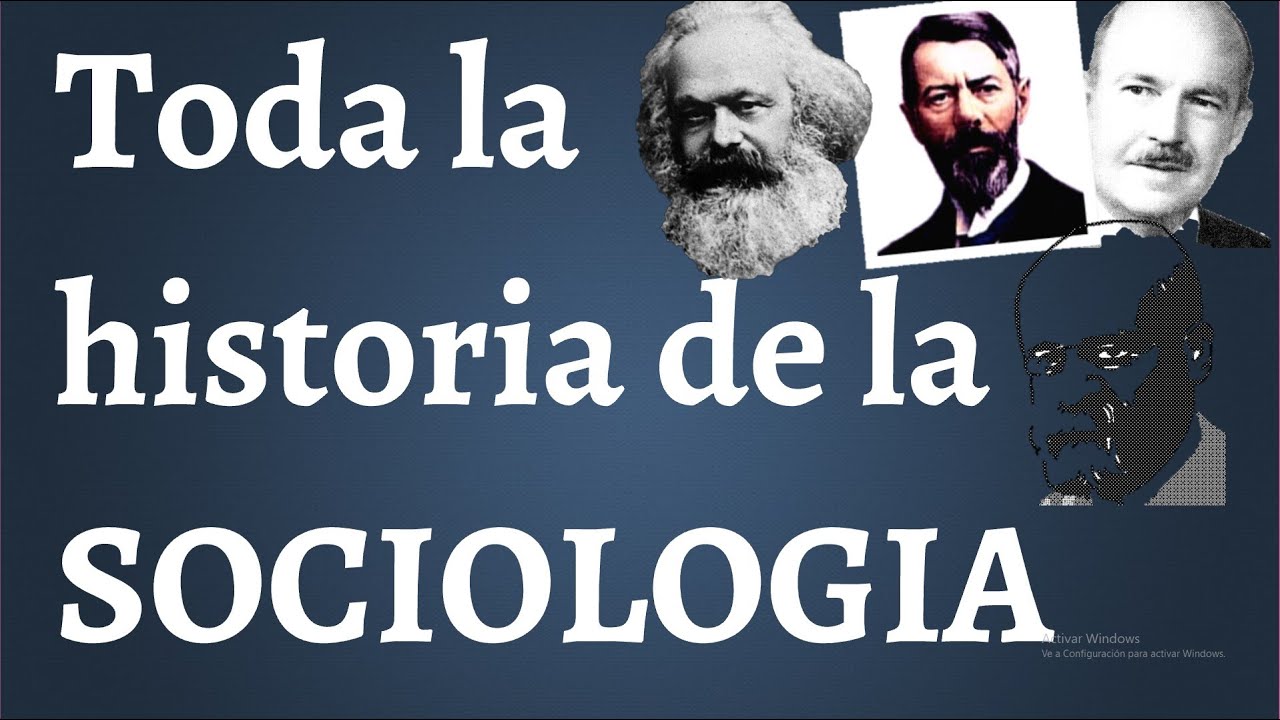What is Social Psychology? An Introduction
Summary
TLDRThis video offers an insightful overview of social psychology, exploring its history, core theories, and influential experiments. It delves into how societal context shapes human behavior and decision-making, from ancient Greek philosophers to modern studies. Key theories like attribution, self-perception, social identity, cognitive dissonance, and evolutionary psychology are highlighted, revealing the complex interplay between individuals and their social environment. The video also touches on infamous experiments that have shaped our understanding of obedience and aggression, emphasizing the field's relevance in today's rapidly changing world.
Takeaways
- 🧠 Social psychology is the study of how individuals' behaviors and interactions are influenced by social contexts.
- 🌐 The recent pandemic has highlighted the impact of societal influences on individual decisions and behaviors.
- 📚 The history of social psychology dates back to ancient Greek philosophers, with experimental validation becoming more prevalent in the late 1800s.
- 🔬 Norman Triplett's experiment in 1895 demonstrated the concept of social facilitation, showing that children performed tasks faster in the presence of peers.
- 🌟 Social psychology gained significant attention in the 20th century, especially influenced by world events like wars and economic crises.
- 📝 The basic tenets of social psychology emphasize that behavior and decision-making are influenced by societal norms, and are predictable and testable.
- 👥 Behavior is used to assess personality and character, with actions often speaking louder than words.
- 🎯 Behavior and decisions are goal-oriented, influenced by societal structures to fulfill needs or achieve status.
- 🔍 Attribution theory examines how we explain the behavior of others based on external factors (like environment) or internal factors (like beliefs).
- 🤔 Self-perception theory explores how individuals interpret their own actions and how this perception affects their self-concept and goals.
- 🆔 Social identity theory discusses how people categorize themselves and others, influencing their behavior and decision-making based on group affiliations.
- 🤯 Cognitive dissonance theory describes the discomfort and potential anxiety experienced when holding contradictory beliefs or information.
- 🧬 Evolutionary psychology considers the role of natural selection and evolution in shaping human behavior and social interactions.
- 👨🏫 Notable experiments like the Bobo doll experiment, Stanford prison experiment, and Milgram experiment have significantly contributed to social psychology's understanding of human behavior.
- 🌐 Social psychology continues to evolve, especially with the advent of new technologies like social media, which are now central to many studies in the field.
Q & A
What is the main focus of social psychology?
-Social psychology focuses on studying how humans behave and interact with each other, particularly in specific social contexts. It looks at the influence of society on the individual to understand the mind's inner workings and the reasons behind certain decisions.
How has the recent pandemic influenced the study of social psychology?
-The recent pandemic has brought out both the good and bad aspects of human behavior, prompting people to self-isolate to protect others and raising questions about human nature and cooperation in society, which social psychologists have been exploring.
What is the significance of Norman Triplett's experiment in the history of social psychology?
-Norman Triplett's experiment in 1895 was one of the earliest in social psychology. It demonstrated social facilitation theory by showing that children wound a fishing rod faster when in the presence of peers, indicating the motivational impact of social context.
Why did social psychology gain popularity in the early 20th century?
-Social psychology gained popularity due to events like the World Wars and the Great Depression, which raised questions about societal influence on individuals and the rise of racial prejudice, leading to a surge in research on human behavior.
What are the basic tenets of social psychology?
-The basic tenets of social psychology include the belief that behavior and decision-making are largely influenced by society, the use of experiments to validate theories, the assessment of personality and character through behavior, and the idea that behavior is goal-oriented.
What is Attribution Theory in social psychology?
-Attribution Theory examines how we observe others and explain their decisions, attributing behaviors to either external factors like environment or internal factors like personal beliefs and insecurities.
How does Self-Perception Theory differ from Attribution Theory?
-While Attribution Theory focuses on how we perceive others' behaviors, Self-Perception Theory looks at how we observe and judge our own behavior, and how our self-perception influences our goals, mental health, and life outcomes.
Can you explain Social Identity Theory?
-Social Identity Theory explores how individuals categorize themselves and others into in-groups and out-groups, and how this categorization influences decision-making and self-presentation.
What is Cognitive Dissonance Theory and why is it significant?
-Cognitive Dissonance Theory addresses the discomfort people experience when they encounter new information that contradicts their existing beliefs, often leading to anxiety and a tendency to reject the new information to maintain consistency.
How does Evolutionary Psychology contribute to our understanding of human behavior?
-Evolutionary Psychology suggests that our perceptions, language, and social interactions may be a result of evolution rather than solely cultural influences, providing a different perspective on why we behave as we do.
What are some of the famous experiments in social psychology that have shaped the field?
-Some notable experiments include the Bobo Doll Experiment, which demonstrated learning through observation; the Stanford Prison Experiment, which showed the rapid adoption of roles leading to violence; and the Milgram Experiment, which highlighted the tendency to follow orders even when they conflict with personal ethics.
Outlines

This section is available to paid users only. Please upgrade to access this part.
Upgrade NowMindmap

This section is available to paid users only. Please upgrade to access this part.
Upgrade NowKeywords

This section is available to paid users only. Please upgrade to access this part.
Upgrade NowHighlights

This section is available to paid users only. Please upgrade to access this part.
Upgrade NowTranscripts

This section is available to paid users only. Please upgrade to access this part.
Upgrade Now5.0 / 5 (0 votes)





